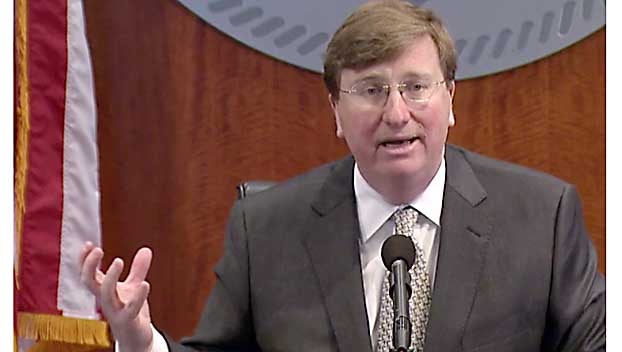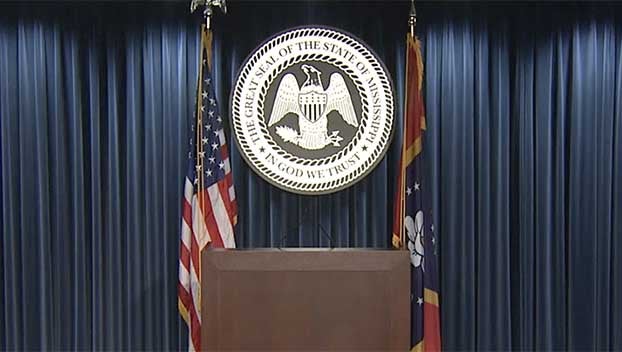Restoring voting rights for felons can be arduous process in Mississippi
Published 9:40 pm Sunday, April 28, 2019
Mississippi has a difficult system for people to regain voting rights after being convicted of some felonies.
Legislators did nothing to change that during their recent session, and a federal court case that is pushing for change has seen little action in recent months.
The Mississippi Constitution strips voting rights from people convicted of 10 felonies, including forgery and bigamy. The attorney general later expanded that list to 22, adding crimes that included including timber larceny and carjacking.
Mississippi has almost 3 million residents. About 218,000 of them with felony records remained disenfranchised in 2016, and only about 7 percent of those were still imprisoned, according to the Sentencing Project, a national advocacy group that seeks to eliminate racial disparities in the criminal justice system.
To regain voting rights in Mississippi, a former convict must go win permission from two-thirds of the Legislature and, eventually, the governor. Only a minuscule number of people find success in that process.
During Republican Gov. Phil Bryant’s first seven years in office, he let 18 voting rights restoration bills become law without his signature. Each bill is for one person only. There were zero in 2012, one in 2013, three in 2014, four in 2015, zero in 2016, six in 2017, and four in 2018. Bryant also vetoed one suffrage restoration bill last year.
Now in his final year in office, Bryant signed bills to restore voting rights to 14 people. He let two others become law without his signature.
Bryant’s office declined a request from The Associated Press for an interview with the governor about why he signed suffrage bills this year after previously taking a passive approach. His spokesman, Knox Graham, said the governor and his staff thoroughly review each bill that lands on his desk.
“In years past, he has let suffrage bills become law without his signature, but decided to sign many of them this year due to the evolution of criminal justice reform in Mississippi,” Graham said in a statement Thursday.
“The two he didn’t sign were due to the nature of the criminal offenses associated with the individuals,” Graham said. “Each suffrage bill that passes is complex in its own way.”
One of the bills that became law without Bryant’s signature this year was for a man with multiple convictions between 1987 and 2007, including forgery and perjury. The other was for a woman convicted of armed robbery in 2001.
Florida is shedding its system that required people with felony records to seek restoration of voting rights from the governor and Cabinet, acting as the Board of Executive Clemency. In November, Florida voters adopted a state constitutional amendment to automatically restore voting rights to most convicted felons once they complete their sentences, with the exception of those convicted of murder or sex offenses. It will affect about 1.4 million people.
The practice of disenfranchising people with some — but not all — felony convictions is rooted in racist beliefs prevalent when the current Mississippi constitution was written in 1890 during the backlash to Reconstruction.
“Following the Civil War a number of Southern states tailored their disenfranchisement policies with the intent of disenfranchising black males who had recently gained the right to vote,” the Sentencing Project says. “These actions came about at the same time states were adopting poll taxes and literacy requirements. In a number of Southern states, including Mississippi, voting restrictions were adopted based on prevailing perceptions of the racial composition of particular offense categories. Crimes believed to be committed primarily by blacks would lead to disenfranchisement, while offenses identified with whites would not.”
Emily Wagster Pettus has covered Mississippi government and politics since 1994.






